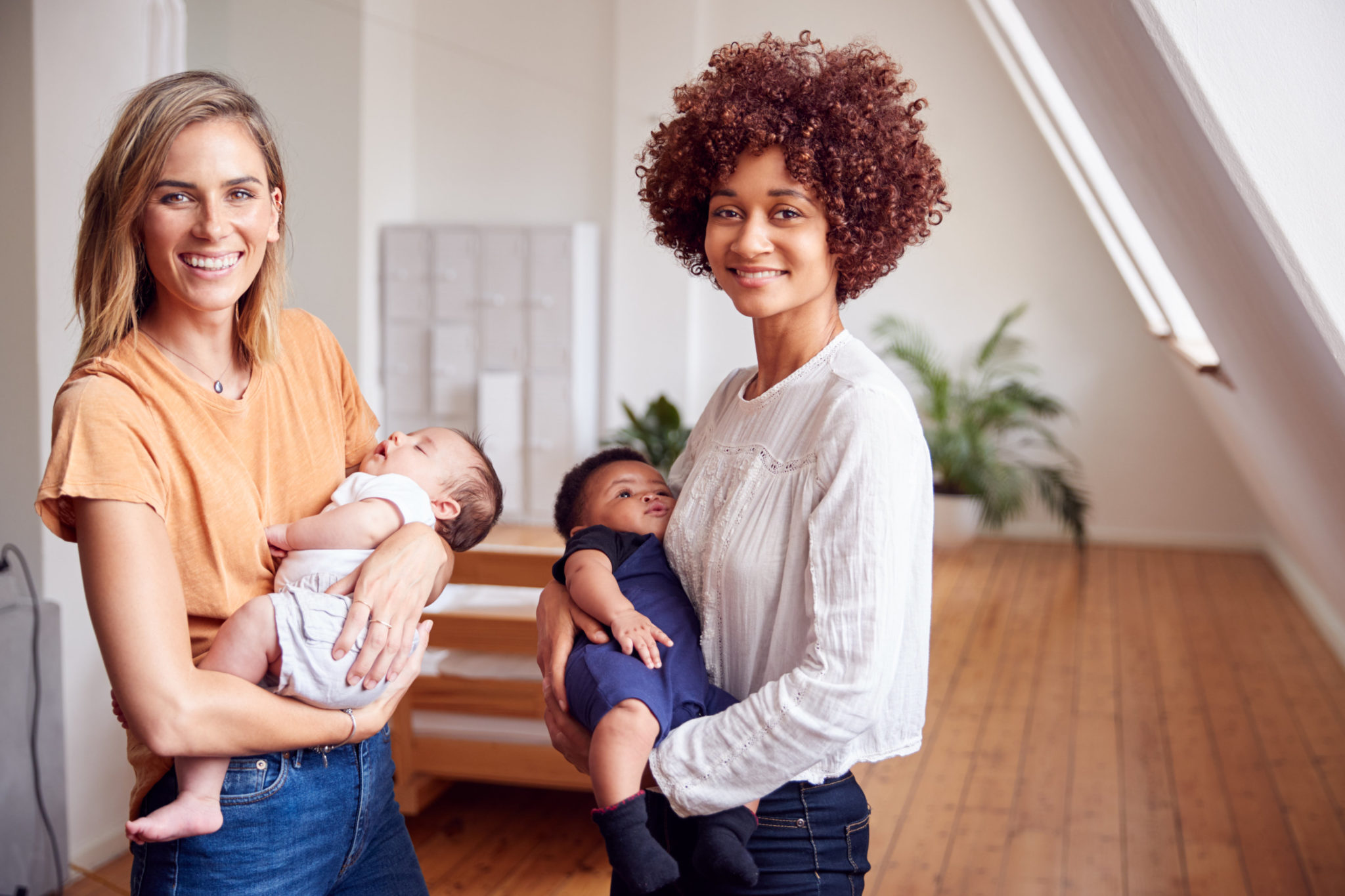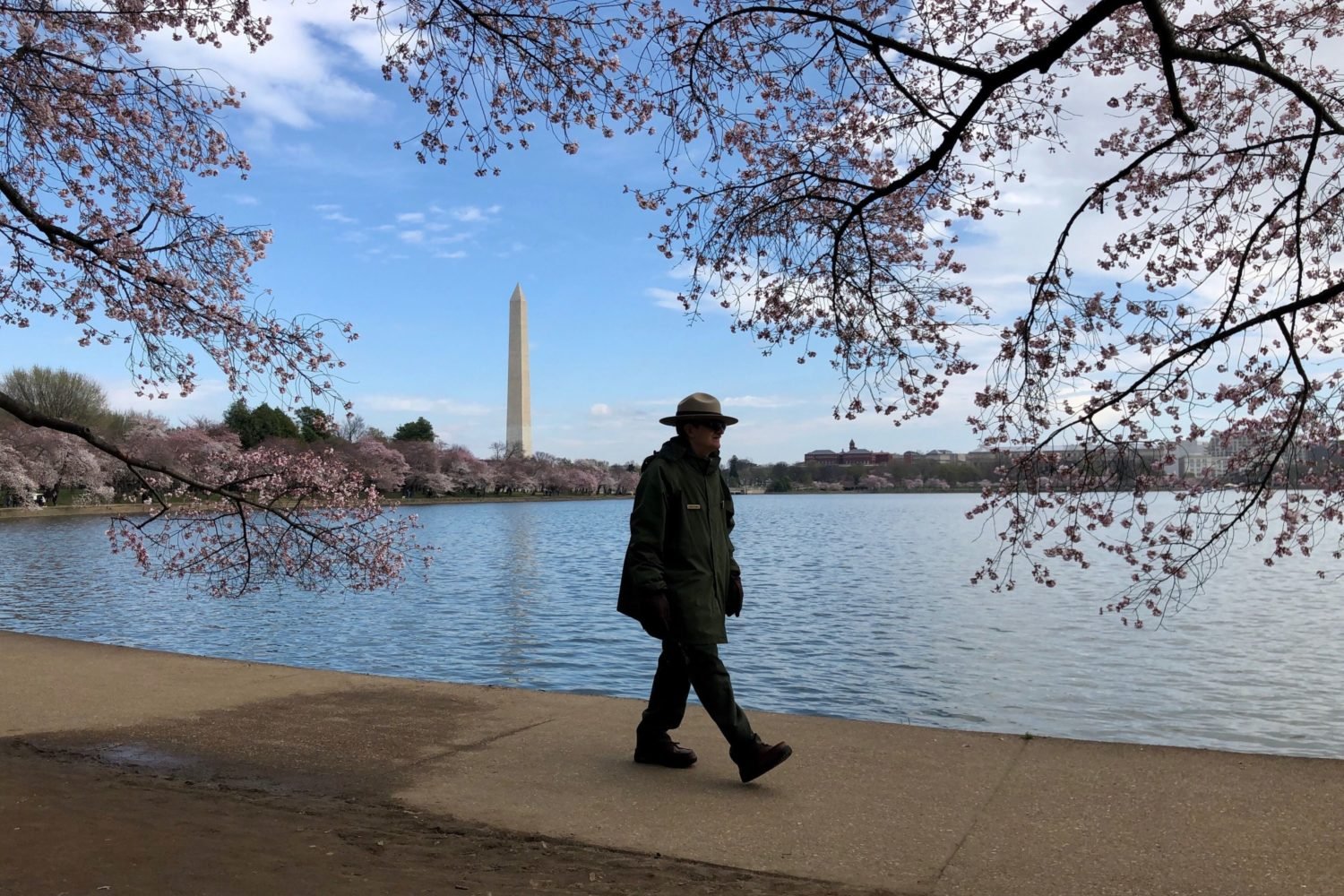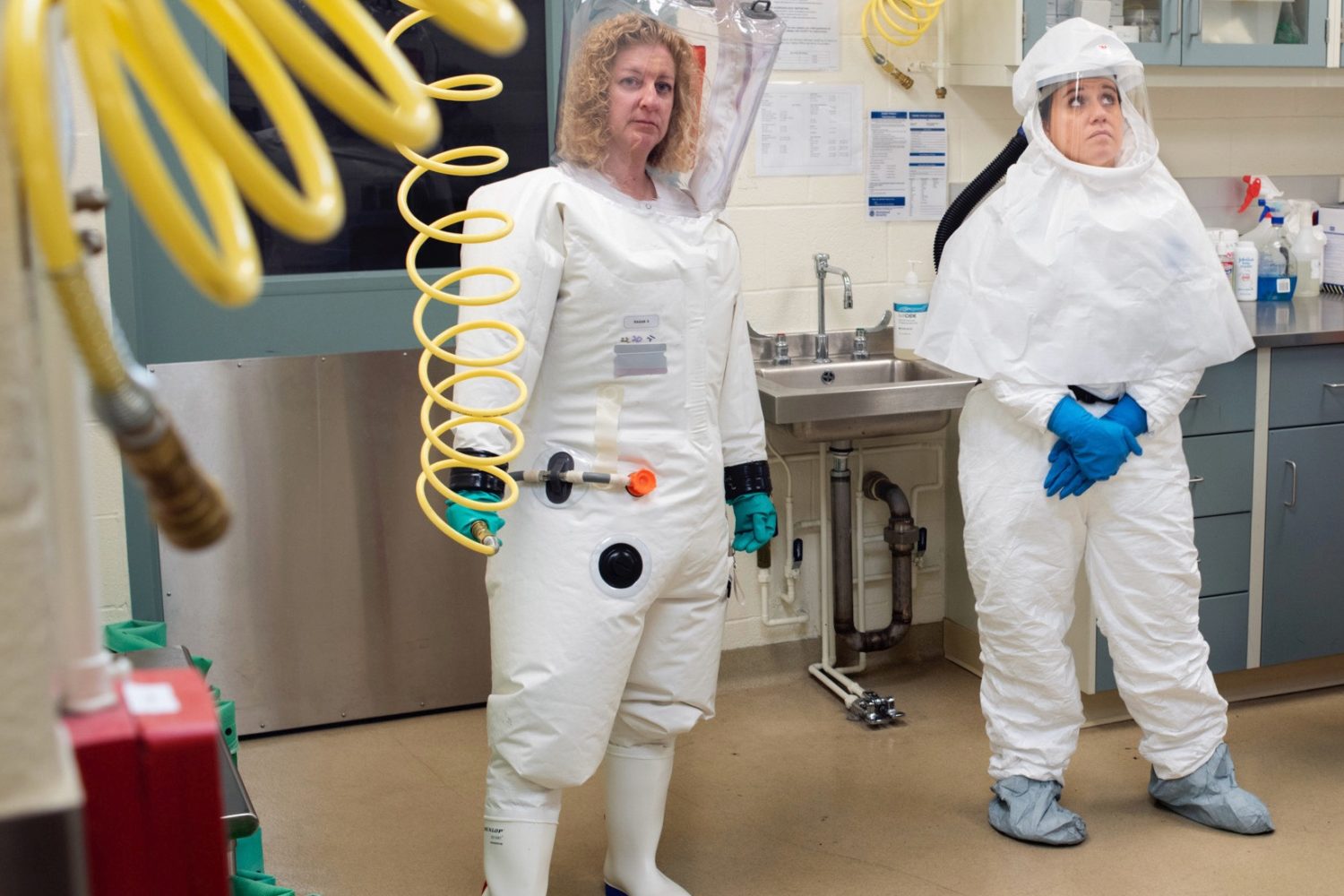About Coronavirus 2020
Washingtonian is keeping you up to date on the coronavirus around DC.
My wife and I live with our two elementary-school-aged children in Arlington, and we’ve been struggling to manage our jobs while helping our kids with their school work. Recently, our neighbors—who also have two children—have asked us to join them in creating a so-called pod. Under their plan, we would still live in our separate houses at night, but during the day we would quarantine together—not going within six feet of anyone outside of our pod—while sharing responsibilities for childcare, schooling, meal preparation, and other tasks. The suggestion is very compelling, as it would relieve some of our daily pressures. Is it ethical for us to join a pod and quarantine with another family?
Dr. Karen Stohr, PhD, associate professor of philosophy at Georgetown University and senior research scholar at the Kennedy Institute of Ethics at Georgetown University:
You have my sympathy! Parents of young children are in really difficult circumstances right now, especially if those parents are also trying to manage full-time jobs without any child-care help. There are simply not enough hours in the day to get everything done. In an ideal world, you wouldn’t be faced with this kind of choice, but clearly we do not live in an ideal world. As far as I’m concerned, safely pooling resources with another family is one of the best available solutions to this common problem.
The obvious ethical issue is that by broadening your circle to include another family, you are raising the risk of contagion for yourselves and for the members of that other family. Some people might say that this is an unreasonable risk for a benefit that isn’t strictly-speaking necessary. I suspect that such people either do not have children or else have way more patience than most of us. Child care is not an optional extra when you’re trying to work from home. If this arrangement helps all of you meet your obligations and hang on to a bit of sanity, it sounds like a great thing for everyone, adults and children alike.
So let’s talk about the risks. Of course you need to do whatever you can to minimize them. I’m going to assume that no one in your proposed pod is immunocompromised or caring for an elderly relative. I’m also going to assume that none of the adults work in high-risk occupations. (I don’t think it would be wrong to form a pod with an ER nurse or a grocery store manager. Essential workers need child care help, too. But it does require more planning.) If you’re potentially exposing another family to Covid-19, you need to be especially careful in your own behavior. It would be good to be extra vigilant about things like hand washing and mask wearing. If your pod can coordinate your essential errands, you may even be able to reduce the overall number of outside trips your group is making. In that case, you are not only keeping yourselves safer than you were before, but you are also doing more to protect others in the community.
Forming a pod like this requires a lot of trust. You do want to make sure that your pod rules are clear and that everyone is committed to following them to the letter. You should also probably confirm that you are in general agreement with the other adults when it comes to parenting styles, since you’re essentially becoming daytime co-parents. It might not be a bad idea to stipulate some kind of “out” clause if the arrangement isn’t working well. (Remember that you’re likely going to be living near these people long after the pandemic ends.) But for your sake and the sake of your fellow pod members, I certainly hope it succeeds in making your lives a bit more manageable during these challenging times. Good luck!




















